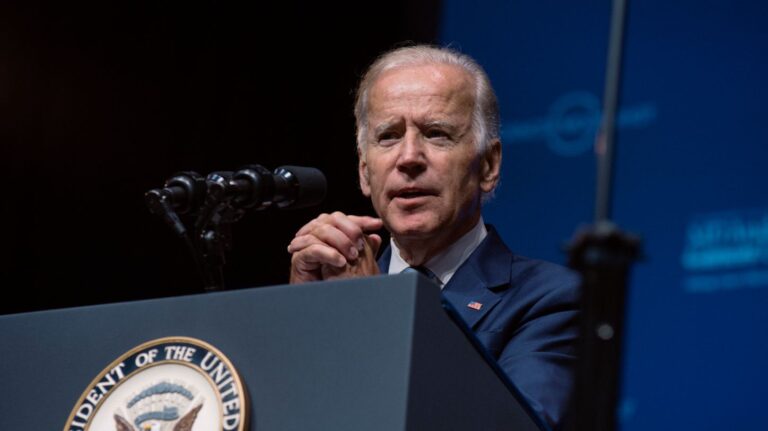President Biden has announced nearly 30 new actions aimed at strengthening supply chains that are crucial for the economy and national security of the US.
These actions encompass various initiatives, including the establishment of the Council on Supply Chain Resilience, utilisation of the Defense Production Act to facilitate investment in domestic manufacturing of essential medicines to mitigate drug shortages, implementation of new cross-governmental supply chain data-sharing capabilities, and facilitating easier access to more affordable, reliable, and critical supply chain technology.
Biden unveiled these actions alongside members of his Cabinet and other senior Administration officials during the inaugural meeting of the new White House Council on Supply Chain Resilience on November 27th.
According to the White House, these measures aim to ensure US-citizens get the products they need, when they need them, and enable reliable deliveries for businesses. Additionally, they aim to fortify agriculture and food systems while supporting well-paying union jobs.
“The smooth functioning of supply chains leads to reduced prices for goods, food, and equipment, putting more money in the pockets of American families, workers, farmers, and entrepreneurs,” stated the White House in a fact sheet. “That is why President Biden made supply chain resilience a priority from Day One of his Administration.”
The White House reports that the Biden Administration has made “historic investments” to bolster supply chains and prevent disruptions. Alongside the recently announced actions, the administration has focused on strengthening the supply chain by expanding production capacity in key sectors and building infrastructure through initiatives such as the CHIPS and Science Act, the Inflation Reduction Act, and the Bipartisan Infrastructure Law.
These efforts have played a vital role in untangling supply chains, normalising the flow of goods, and reducing inflation. From October 2021 to October 2023, supply chain pressures, as measured by the New York Fed, declined from near-record highs to a record low, significantly contributing to the 65% decrease in inflation from its peak.
Regarding the impact of the new actions on supply chains and costs, President Biden remarked, “Today, our supply chains are stronger than ever, experiencing backlogs, bottlenecks, and shipping rates at a 25-year low. We’ve created 14 million new jobs, including 800,000 manufacturing jobs.” He continued, “the unemployment rate has remained below 4%, marking the longest period of such stability in over 50 years.”







